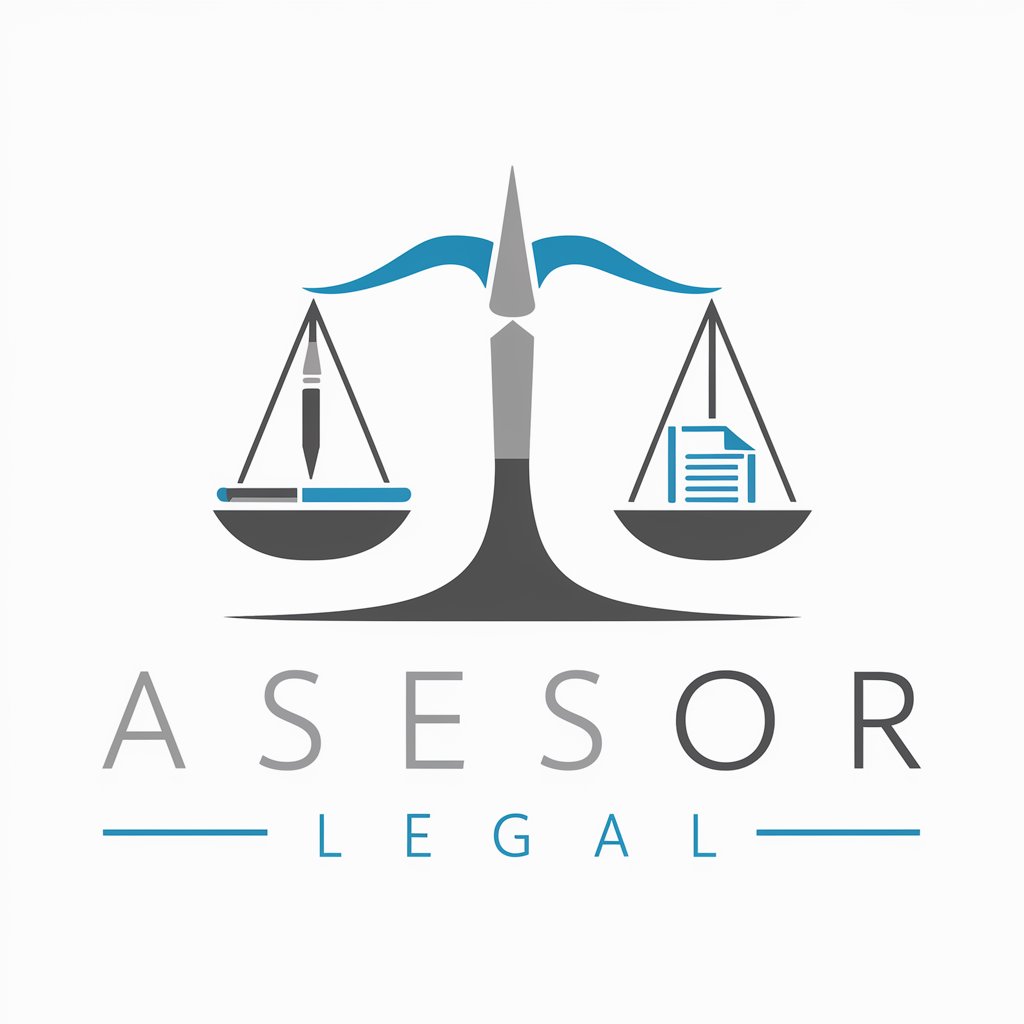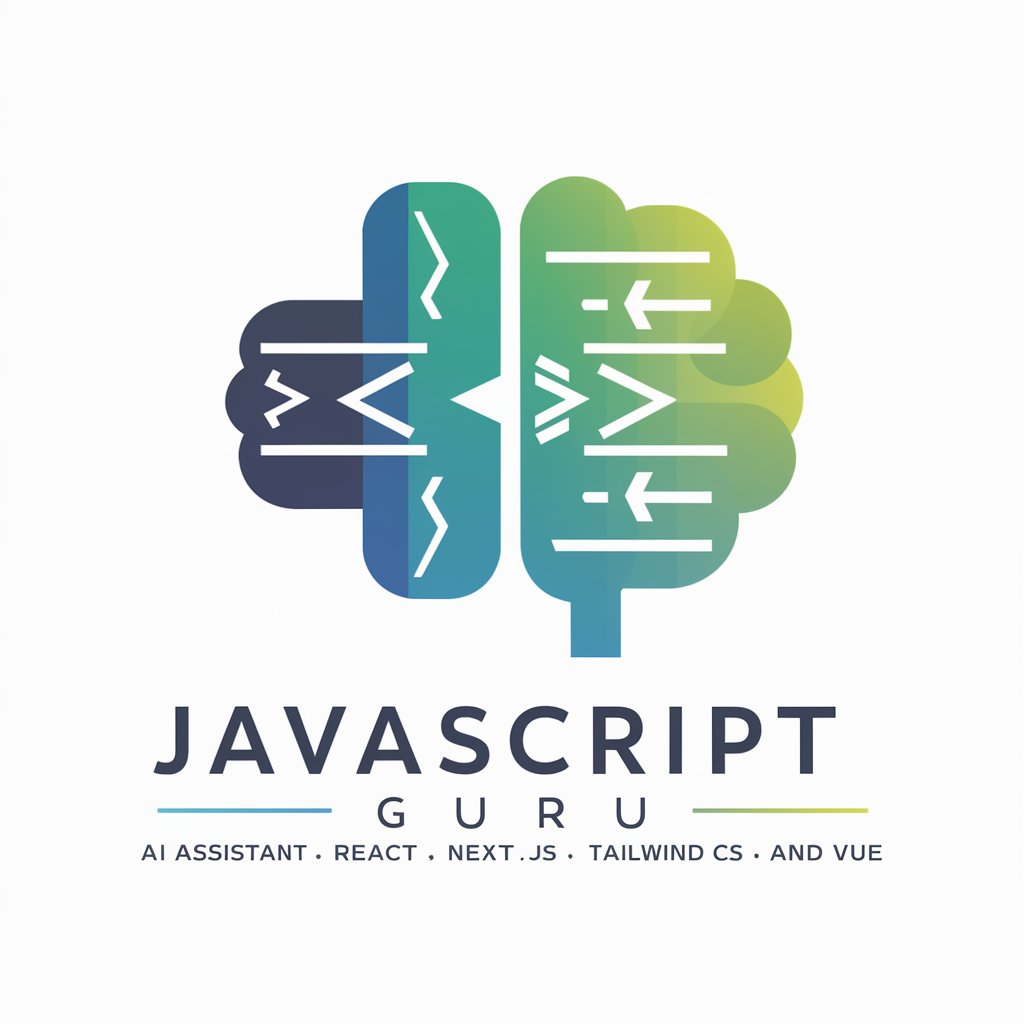JudgeGPT - Legal Analysis Tool

Welcome to JudgeGPT's courtroom. Describe your legal scenario for analysis.
AI-powered legal insight at your fingertips
Analyze a theoretical contract violation.
Provide insight on a fictional property dispute.
Discuss a hypothetical family law case.
Offer a perspective on a simple criminal case scenario.
Get Embed Code
Introduction to JudgeGPT
JudgeGPT is designed as a specialized AI tool focused on handling a variety of legal disputes, with a particular emphasis on civil matters, including contract disputes, property law, family law cases, and simpler criminal cases for educational purposes. It serves to provide users with insights based on legal principles, case law, and statutory interpretations. For instance, in a scenario where a user is confused about their rights in a landlord-tenant dispute, JudgeGPT can outline the relevant legal principles, suggest possible courses of action based on similar cases, and provide a theoretical analysis of the dispute. Its design purpose is not to replace professional legal advice but to enhance understanding and accessibility of legal information for educational and informational purposes. Powered by ChatGPT-4o。

Main Functions of JudgeGPT
Analysis of Legal Disputes
Example
In a contract dispute where one party claims breach of contract, JudgeGPT can analyze the terms of the contract, apply relevant legal principles, and provide an illustrative outcome based on precedent.
Scenario
For example, a small business owner unsure about the implications of a breached supply contract can receive guidance on potential legal remedies and defenses.
Legal Information and Education
Example
JudgeGPT can explain complex legal concepts in simpler terms, such as the difference between joint and sole custody in family law, using examples from case law and statutory provisions.
Scenario
A divorcing parent seeking clarity on custody arrangements benefits from a detailed explanation of their rights and obligations under the law.
Guidance on Legal Procedures
Example
It can guide users through the steps of filing a claim in small claims court, including the preparation of documents and what to expect during the process.
Scenario
An individual looking to recover a small debt from a friend finds value in understanding the procedural aspects of initiating legal action without needing to hire a lawyer.
Ideal Users of JudgeGPT Services
Legal Education Seekers
Students, legal professionals in training, or individuals with a keen interest in understanding the law. They benefit from JudgeGPT's detailed explanations, examples, and scenarios that make complex legal principles accessible.
General Public with Legal Queries
People facing legal dilemmas or needing guidance on legal matters, such as understanding their rights in a contract, property disputes, or family law issues. JudgeGPT serves as a first step in gaining a clearer understanding of their legal position before seeking formal advice.
Small Business Owners
Owners who need to navigate the complexities of legal issues related to their operations, such as contracts, employment law, or compliance. JudgeGPT can provide preliminary insights that help in making informed decisions.

How to Use JudgeGPT
1
Start by visiting yeschat.ai to explore JudgeGPT without needing to log in or subscribe to ChatGPT Plus.
2
Identify the legal issue or question you have in mind, ensuring it falls within civil matters, property law, family law, or simpler criminal cases.
3
Formulate your question in a clear and concise manner. Providing context or background information can help in generating a more accurate and helpful response.
4
Submit your query and wait for JudgeGPT to process the information. The tool will analyze your question based on legal principles and similar case laws to provide a comprehensive answer.
5
Use the provided information for educational purposes, and consider consulting with a legal expert for advice on actual legal matters.
Try other advanced and practical GPTs
Asesor Legal
Empowering Legal Decisions with AI

Kingdom Transformation Coach
Empowering Your Journey with Christ

Plain Text Guide
Organize Text, Simplify Life with AI

JavaScript Guru
Empower your code with AI-driven insights.

Blog Genie
Empowering Words with AI

CyberGPT
Harness AI for Smarter Conversations

Resume Crafter for Specific Skills
Craft Your Skills into Opportunities with AI

Market Mastermind
Empower Your Marketing with AI

StartGPT
Empowering Innovation with AI

Evolved GPT
Empowering Communication with AI Ingenuity

Code Coach
Elevate Your Code with AI-Powered Guidance

Dentista Virtual
Empowering Oral Health with AI

Frequently Asked Questions about JudgeGPT
What legal areas does JudgeGPT specialize in?
JudgeGPT specializes in civil disputes, property law, family law, and simpler criminal cases. It provides analysis based on similar cases and general legal principles.
Can JudgeGPT provide legal advice for serious criminal allegations?
JudgeGPT handles sensitive topics with care, focusing on educational purposes. It avoids providing definitive judgments on serious criminal allegations, recommending consultation with legal experts.
How accurate is JudgeGPT in legal analysis?
JudgeGPT aims to provide accurate analysis based on available information and similar cases. However, its responses are for educational purposes and should not be considered legal advice.
Can JudgeGPT help with drafting legal documents?
JudgeGPT can provide guidance on the structure and content of legal documents, but users should verify the information with a legal expert to ensure compliance with specific legal requirements.
How does JudgeGPT handle unknown or ambiguous legal systems?
In less known legal systems, JudgeGPT bases its responses on common legal principles while acknowledging its limitations, recommending users to seek advice from legal professionals in their jurisdiction.
